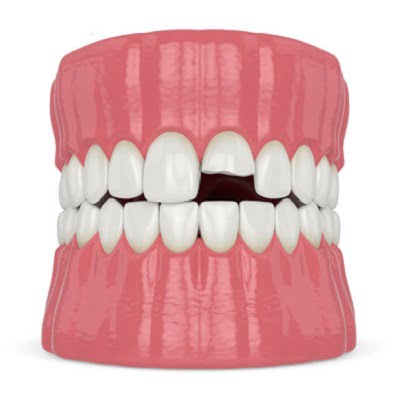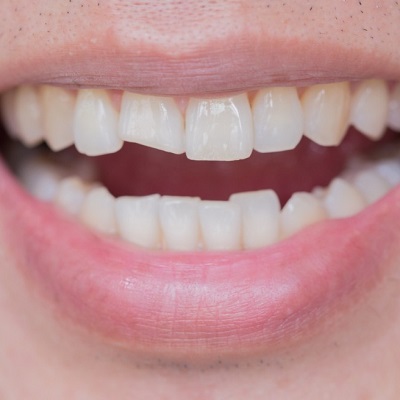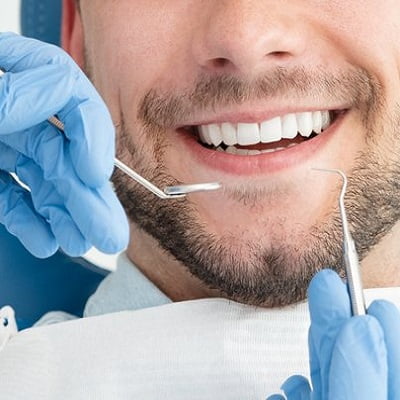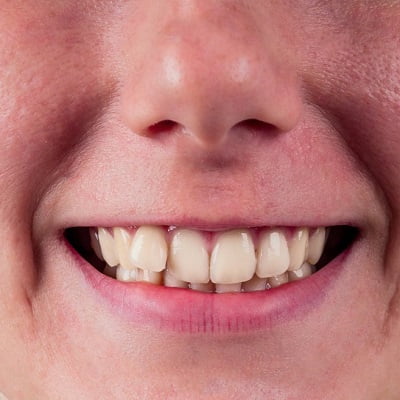
Our teeth are strong and resilient, designed to withstand the forces of chewing and biting. However, they are not indestructible. Teeth fracturing can occur for various reasons, causing pain, discomfort, and potential long-term oral health issues. Dont worry! Multiple dental treatments in Islamabad can save your teeth.
In this comprehensive blog, we will explore the leading causes of teeth fracturing and discuss the best dental treatments to address them.
What Leads to Teeth Fracturing?
Trauma and Accidents:
One of the most common causes of tooth fractures is trauma and accidents. A sudden blow to the face, such as a fall or an automobile accident, can break teeth or chips. Sporting activities, especially contact sports, also risk tooth integrity. Mouthguards can help protect teeth during sports, reducing the risk of fractures.
Biting and Chewing Hard Objects:
Chewing or biting on complex objects like ice, nuts, unpopped popcorn kernels, and pens can exert excessive force on teeth, leading to fractures. Tooth enamel is strong, but it can only handle so much pressure. It’s essential to be mindful of what you put in your mouth to prevent unnecessary damage.
Tooth Decay:
Tooth decay weakens the structure of a tooth, making it more susceptible to fractures. Cavities can erode the tooth’s protective enamel and, if left untreated, can cause a fracture to develop. Regular dental check-ups and proper oral hygiene are essential in preventing tooth decay and fractures.
Teeth Grinding (Bruxism):
Teeth grinding, known as bruxism, is a common problem that can lead to tooth fractures. The constant grinding and clenching of teeth can wear down the enamel and weaken the tooth structure. Over time, this can result in cracks or fractures. Mouthguards, often recommended by dentists, can protect teeth from the damaging effects of bruxism.
Dental Procedures:
Ironically, dental treatments themselves can sometimes lead to tooth fractures. Dental procedures like root canals, fillings, and extractions can weaken the structure of a tooth. While these procedures are essential for maintaining oral health, they can, in rare cases, result in tooth fractures. Dentists take precautions to minimize this risk during procedures.
Best Dental Treatments for Tooth Fractures:
Dental Bonding:
Dental bonding is a popular and cost-effective treatment for minor tooth fractures. It involves the application of a tooth-coloured resin to the fractured area, which is then shaped and polished to match the natural tooth. Dental bonding is a quick and non-invasive procedure that can restore the tooth’s appearance and function.
Dental Crowns:
Dental crowns, or caps, cover and protect teeth with more significant fractures. Crowns are custom-made to fit over the damaged tooth, providing strength and support. They are typically made from materials like porcelain, metal, or both. Crowns restore the tooth’s appearance and protect it from further damage.
Veneers:
Veneers are thin, custom-made shells of porcelain or composite resin bonded to the front of the teeth. They are often used to address minor fractures and cosmetic issues. Veneers can improve the appearance of fractured teeth by covering the imperfections and creating a natural, attractive smile.
Root Canal Therapy:
When a tooth fracture extends deep into the pulp chamber, root canal therapy may be necessary to save the tooth. This procedure involves removing the damaged pulp, cleaning the tooth’s interior, and sealing it with a dental filling. Following a root canal, a crown is often placed to strengthen and protect the tooth.
Dental Implants:
Dental implants provide a durable and long-lasting solution in cases of severe fractures where the tooth cannot be saved. Dental implants involve the placement of a titanium post in the jawbone, which serves as a stable foundation for a prosthetic tooth (crown). Implants restore the appearance of a fractured tooth and offer the same functionality as a natural tooth.
Tooth Extraction:
In some cases, when a tooth fracture is severe and irreparable, extraction may be necessary. Tooth extraction is usually a last resort when all other treatment options have been exhausted. After extraction, your dentist will discuss options for replacing the missing tooth, such as dental implants, bridges, or removable dentures.
The Bottom Line!
Tooth fractures can occur for various reasons, but modern dentistry offers a range of effective treatments to address them. Whether your tooth fracture is minor or severe, there is a solution to restore your oral health and smile. It’s essential to consult with a qualified dentist at SKN Cosmetic Clinic Islamabad to determine the best treatment option for your specific case.
Remember that prevention is always better than cure, so practising good oral hygiene and avoiding behaviours that can lead to tooth fractures are crucial for maintaining healthy teeth throughout your life.









